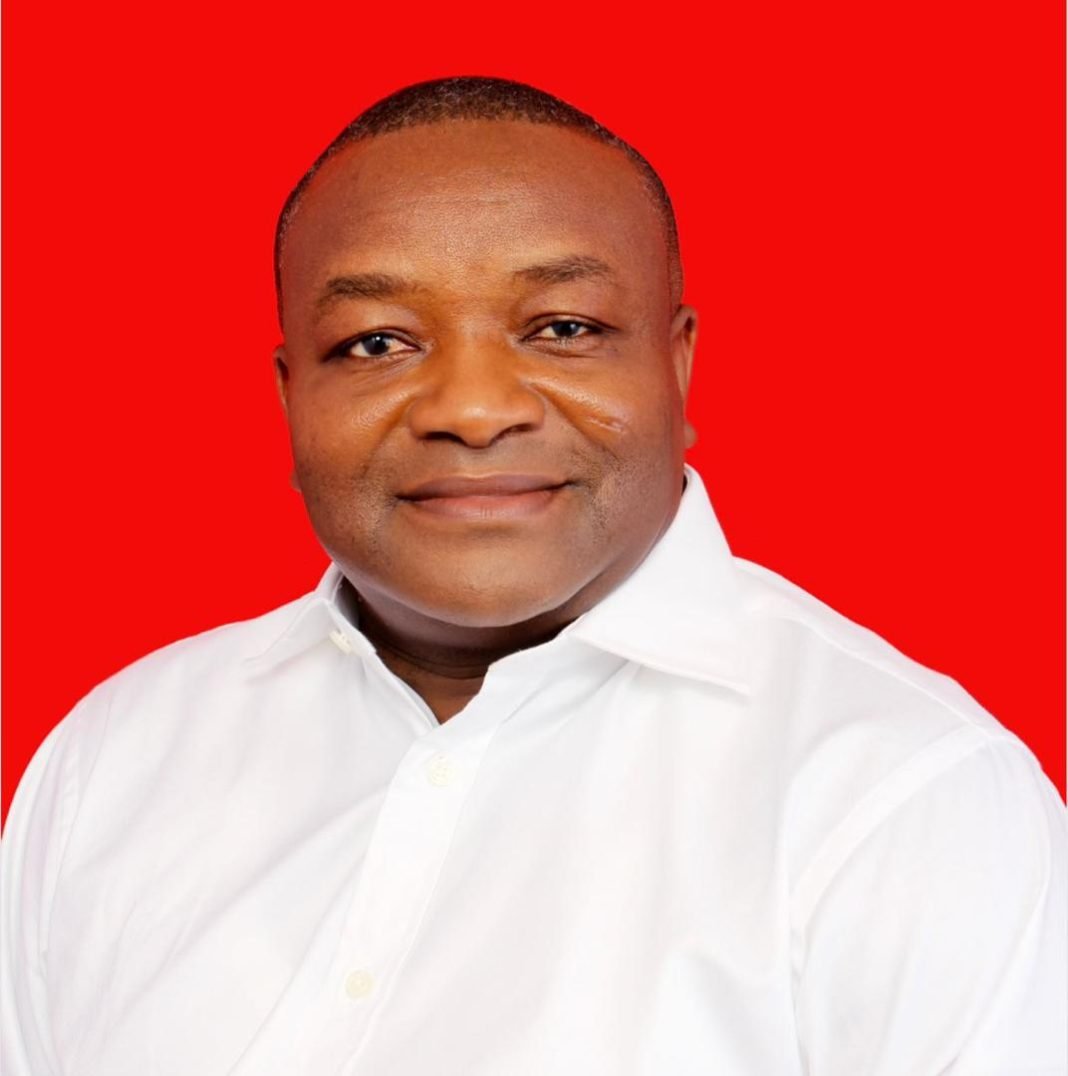Dr. Hassan Ayariga, presidential candidate for the All People’s Congress (APC), has emphasized that his manifesto is rooted in actionable policies rather than mere promises. The manifesto, titled “The Nation’s Manifesto: Hope for Ghana, Transforming Ghana and Restoring Hope,” is designed to address the economic challenges facing the country and improve the welfare of its citizens.
“As you know, the manifesto is called ‘The Nation’s Manifesto,’ meaning this is a manifesto to build our nation, Ghana. It’s crafted to shape the economy and enhance the welfare of the Ghanaian people. This manifesto is not based on promises; it is based on policies. I have taken time to analyze the economic situation of the Ghanaian people, including their welfare, which is why I named it ‘The Nation’s Manifesto: Hope for Ghana, Transforming Ghana and Restoring Hope,’” he said.
He identified seven key areas of focus: nationalization, modernization, industrialization, commercialization, domestication, digitalization, and globalization. He stressed the importance of cultivating a nationalistic mindset among Ghanaians to foster patriotism and unity.
Engagement with the media and public dialogue are central to his strategy, as he believes building trust in leadership is crucial for transformative change. He also highlighted the need for accountable governance and active citizen participation in national development. “In order to achieve this, we will engage the media and have dialogue with the Ghanaian people. They must trust their leaders. If you do not trust politicians, it will be very difficult for us to change our mindset and allow transformation. I have said that we need accountable leaders who can engage citizens on their roles and responsibilities.”
A key component of his plan is the establishment of a national database to streamline data collection and improve public management services by linking various national identification systems. He aims to enhance economic self-sufficiency by reducing reliance on imported goods, such as rice and cooking oil, through local infrastructure and industry development. “We want to create a system called the national database. This will help us collect data and establish an infrastructure for data collection. We will create a national identification system that links to the Ghana Card, NHIS, DVLA, and other services. This data will aid in decision-making and improve public management services. We will focus on becoming less reliant on imports. We want to be a self-sufficient and self-reliant nation, reducing the importation of foreign goods like rice, cooking oil, and frozen items.”
Dr. Ayariga proposed a “24-hour economy” model that allocates time for production, manufacturing, and industrialization, which he believes will create job opportunities. “We need a balanced system that introduces a 24-hour economy where 8 hours are dedicated to production, 8 hours to manufacturing, and 8 hours to industrialization. This gives us a three-shift system. We will build local infrastructure and industries to improve the standard of living for Ghanaians and achieve economic independence. Through this, we plan to implement production, manufacturing, and industrial apps.”
“When we begin to produce what we consume and consume what we produce, shifting our consumption patterns from foreign goods to local produce, it will make Ghana a self-sufficient nation and increase productivity in the manufacturing industry,” he added.
He also stated that he plans to increase the minimum daily wage from the current 18 Ghana Cedis to 150 Ghana Cedis and beyond, aiming to improve the living standards of Ghanaians.
Source: A1Radioonline.Com|101.1MHZ|Gifty Eyram Kudiabor|Bolgatanga|


